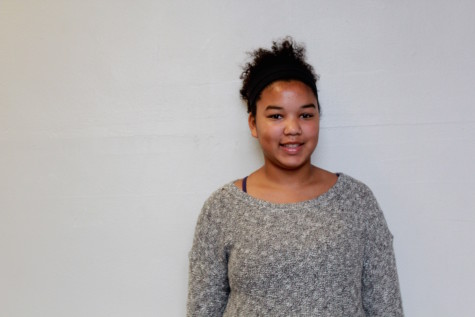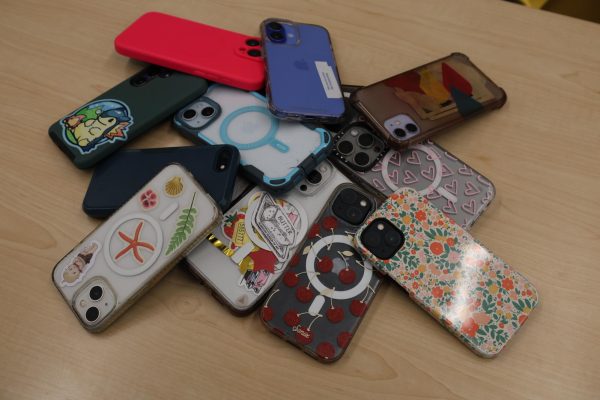How the Songs We Listen to Affect the Way We Think

Throughout decades, different genres of music have drifted in and out of the popular ear. No matter what music you listen to, the lyrics and messages are perceived by your brain and affect how you look at the world.
A study done by Donald Saucier at Kansas State University found that people who listened to patriotic songs, like the Star-Spangled Banner, became less empathetic and more close-minded due to the strong nationalist message. In contrast, people who listened to songs that they associate with their childhood, like the Itsy Bitsy Spider, reported becoming more prosocial, empathetic and generally reported more accepting attitudes towards other people.
Between 90 and 95 percent of mental activity takes place outside of our conscious awareness. This is called subconscious priming, and it has been shown to dramatically influence human behavior. Subconscious activity heavily impacts day to day behaviors from the emotions someone feels to their satisfaction with life. Once this happens, the person tends to act in a way that is consistent with the stimulus without recognition that they are behaving as such. In the field of psychology, researchers have conducted numerous studies in which subjects were given four jumbled sentences and had to unscramble them to make four correct sentences. Once the subjects had finished, they were to inform the researchers that they were done. Subjects given words such as ‘rude’, ‘brash’ and ‘interruptions’ were more likely to interrupt the researchers who were having a conversation when they had finished. Subjects given words such as ‘nice’, ‘respectful’ and courteous’ were more likely to wait up to 10 minutes to talk to the researchers. These studies have solidified the theory that words affect how we think and act.
Not all rap music features misogynistic lyrics, but misogyny is a strong theme in many songs of this genre. Listening to rap music won’t automatically turn someone into a misogynistic person, but these studies do show that it does make an impact, even if it is subconsciously. A study done by two researchers, Barongan and Hall, found that when men watched misogynistic rap videos their aggressive sexual behavior increased. Another study conducted at the North Carolina University found that exposure to sexist, rap leads young black females to become more accepting of violence directed at them, even if the song was non-violent.
Rap music isn’t the only genre that features misogynistic lyrics. For example, songs by Robin Thicke and Taylor Swift also have these types of lyrics. Blurred Lines by Robin Thicke ft. Pharrell is about a woman in a club who may or may not be interested in the man. Some of the lyrics are “I know you want it” and “I hate these blurred lines”. It is essentially a rape song. The song was banned in more than 20 UK student unions. Better Than Revenge by Taylor Swift is about a girl who supposedly took her boyfriend. The song shames the other girl for that. Some of the lyrics are “She’s not a saint / And she’s not what you think / She’s an actress, whoa / She’s better known / For the things that she does / On the mattress, whoa.” These two songs are both pop, not rap. No matter the genre, these kind of lyrics can be featured by any artist.
Some songs normalize sexual assault. One song would be U.O.E.N.O by Rocko feat. Rick Ross. Just a few of the lyrics in this song are, “Put Molly all in her champagne/ she ain’t even know it/I took her home and I enjoyed that/she ain’t even know it.” These lyrics glorify sexual assault. The artists make it seem like they would take pride if this were to happen. the song was met with outrage. Rick Ross issued an apology stating his regrets for his pro-rape lyrics to let young boys know that this is not okay.
For some artists, these lyrics aren’t too far from the truth. For example, Kodak Black features sexist lyrics demeaning women in many of his songs, and now he is being accused of sexual assault.
Listening to rap music won’t immediately turn someone into a sexist, potentially abusive person. But any kind of music with sexist lyrics can affect our thoughts, even in a slight way, without us knowing. So next time you turn on your music, listen a little bit more carefully, and acknowledge what it is actually saying.









